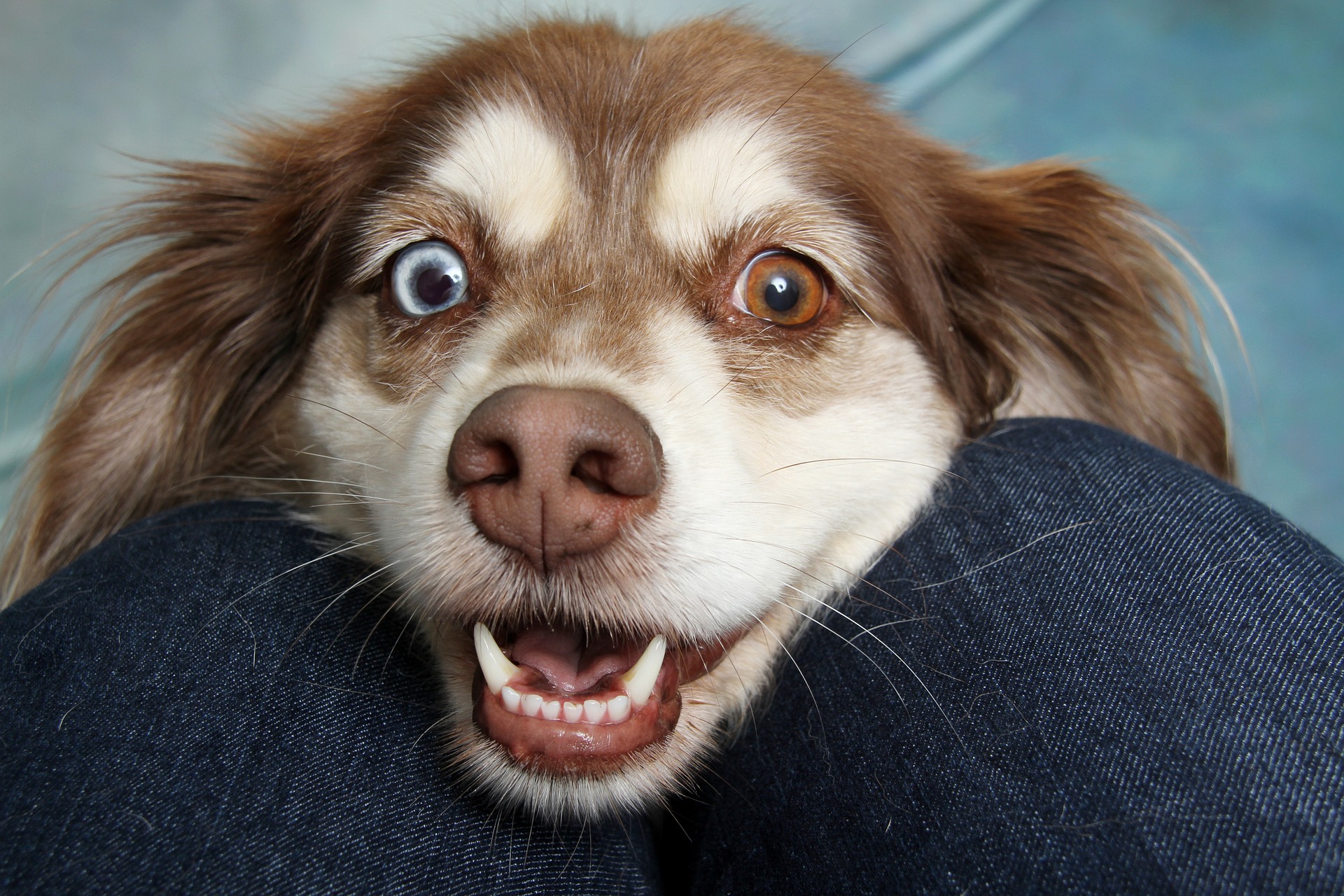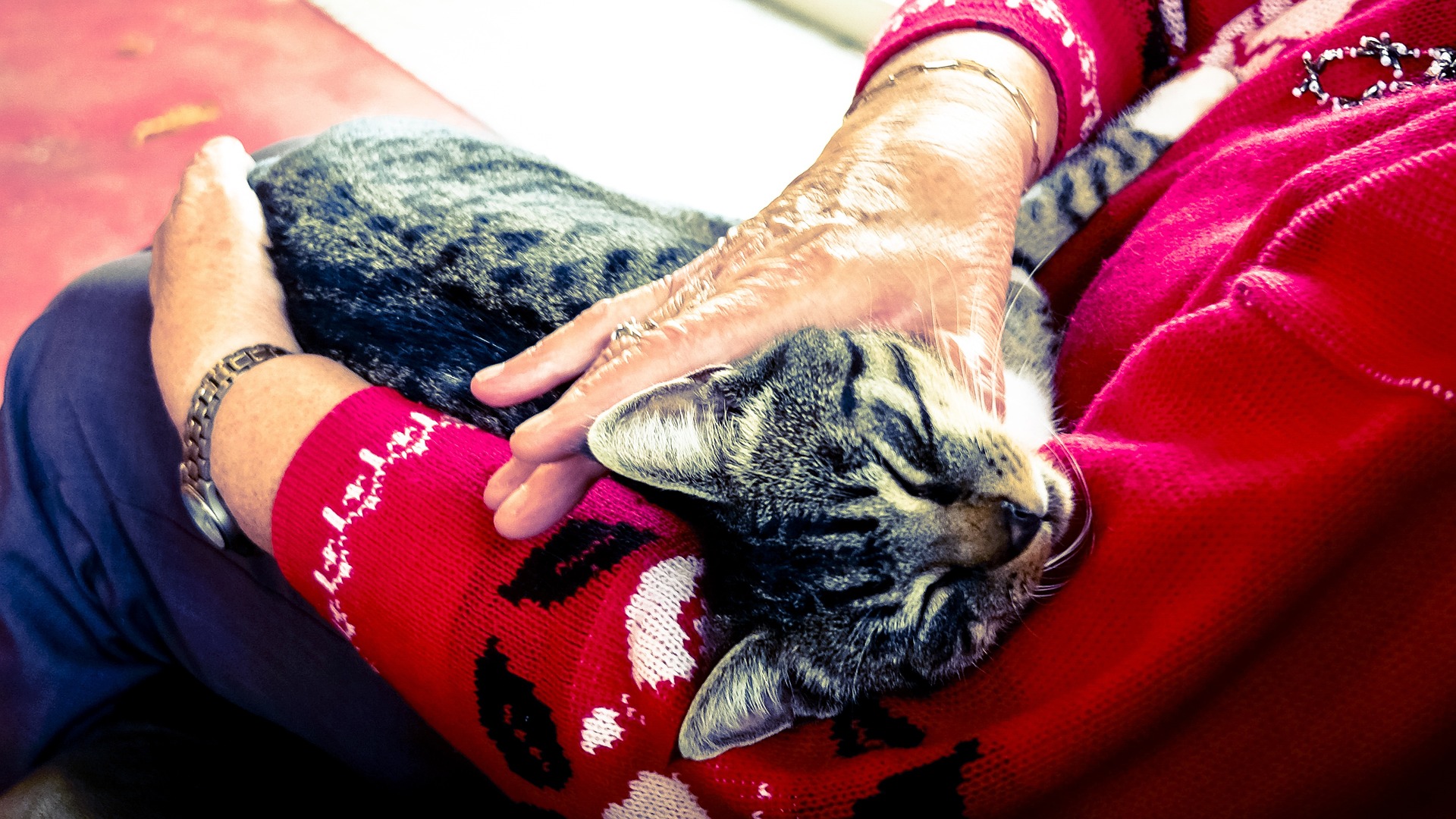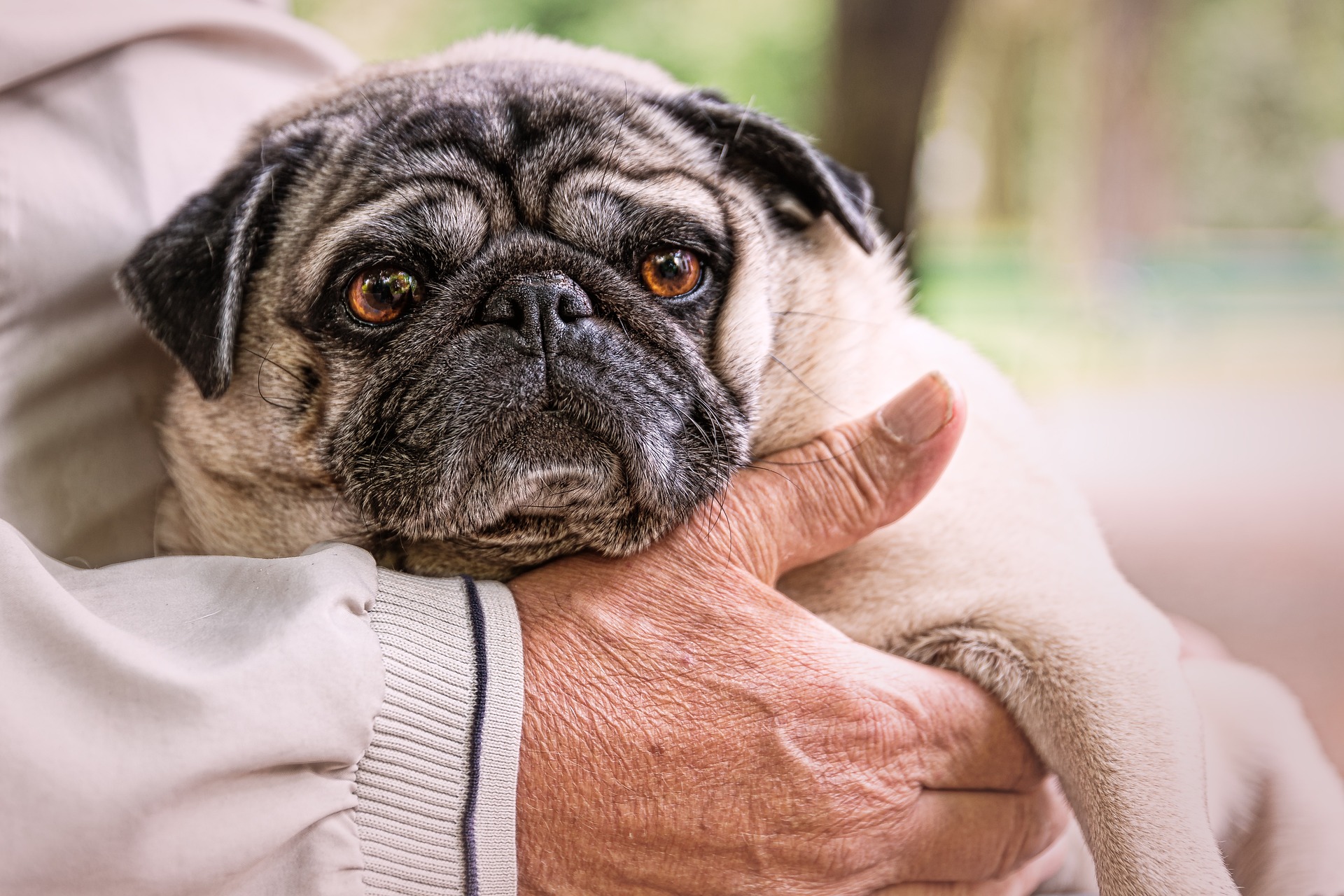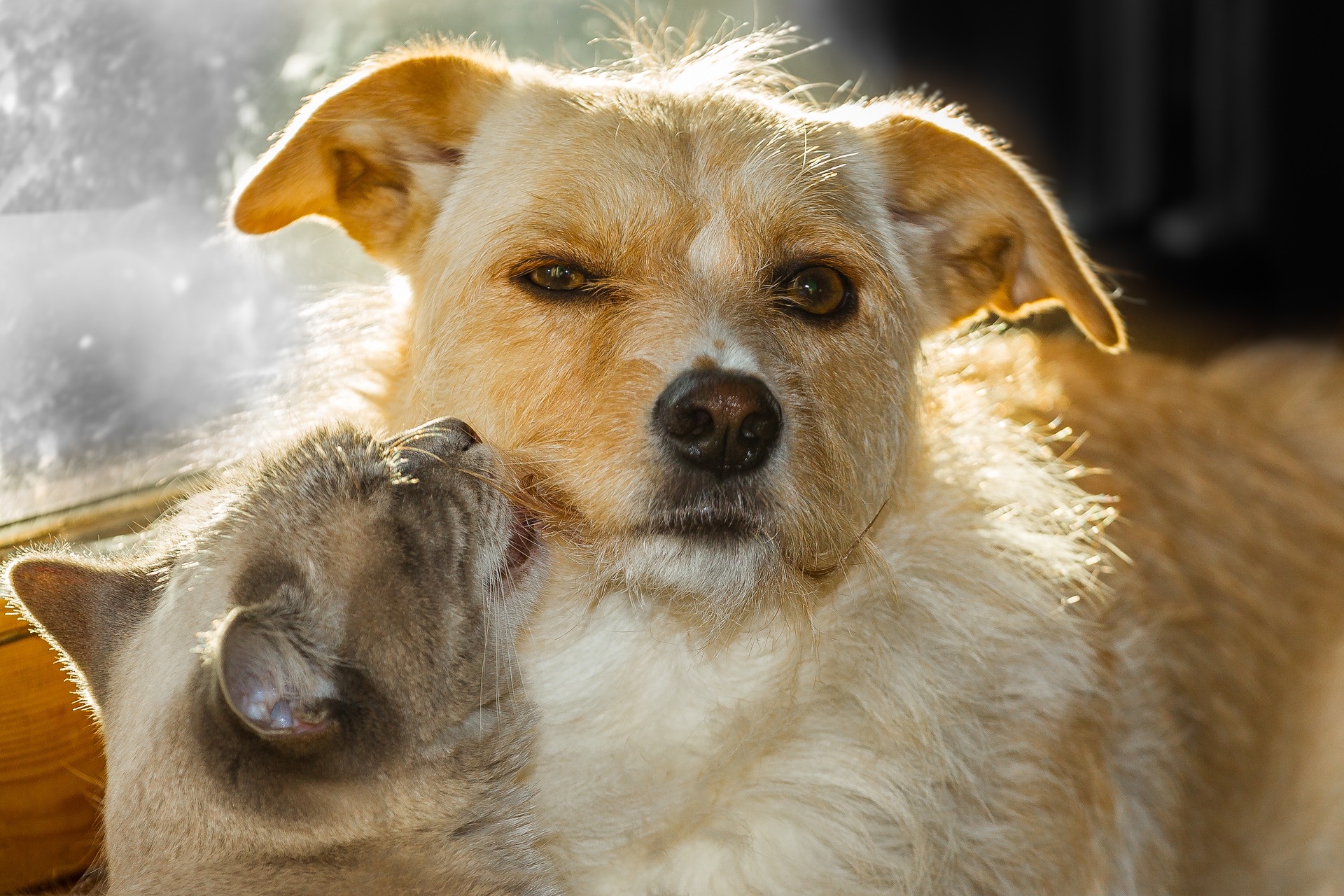At LRVSS and HRVSS, we routinely see cats and dogs for a second opinion.
Either they are referred by their family vet, or the pet owner wants a second opinion.
Let’s discuss the ins and the outs of second opinions.

WHY SHOULD YOU GET A SECOND OPINION?
There are multiple excellent reasons for getting a second opinion. Here are a few:
. More education. It probably makes sense that a neurologist has more experience diagnosing neurological problems, and a cardiologist has more experience diagnosing cardiac conditions, compared to a family vet. After all, they spent around 4 more years honing their skills after vet school. They only read scientific articles and attend conferences related to their specialty. And then they spent years in daily practice, diagnosing and learning more and more along the way.
. More experience. Some vets simply have more experience than others. It’s no different than with painters, nurses, and airplane pilots.
. More resources. Some vets and specialists have access to more resources. It could be a larger network of colleagues, peers, communities, classmates, etc. I commonly will seek opinions from surgeon friends when my patient has a tricky condition.
Some vets and specialists also may have better or more advanced equipment.
. Failure of treatment. If you’ve tried a treatment or a variety of treatments, and your pet is not (much) better, it could be because you need a different treatment. One of the most classic examples in my field (surgery) is stubborn ear infections. There comes a point where you can pour all of the antibiotics, lotions, and potions into the ear canal, and the ONLY treatment that will work is surgery.
. Rare diseases. Some pets have a rare condition that your family vet may not have diagnosed before. Yet another vet, or a specialist, may have lots of experience with it.

HOW TO GET A SECOND OPINION
. Getting a second opinion is as simple as calling the vet or specialist to make an appointment. Just be aware that they will likely request a copy of the medical record from your first vet. So you need to tell them if you have a concern with that.
. In many cases, my referring vets are the first ones to be humble enough to request a second opinion. That’s the ideal way to work: when a family vet and a specialist work hand in hand, putting their heads together to provide the best treatment options for your pet.
. If you are looking for a specialist, i.e. a board-certified (or boarded) vet, they will be part of an organization called a College.
So board-certified surgeons belong to the American College of Veterinary Surgeons. You can find a surgeon at www.ACVS.org.
Board-certified internists belong to the American College of Veterinary Internal Medicine. You can find an internist at www.ACVIM.org.
For other specialists, you can visit the American Board of Veterinary Specialties at www.AVMA.org/education/veterinary-specialties.
. How can you diplomatically ask your family vet for a second opinion? Here are some examples of wording. Don’t make it confrontational. You can casually ask:
- “This diagnosis/this treatment doesn’t really make sense to me. Who would you recommend to confirm that this is the correct diagnosis/the best treatment?”
- “You’ve treated my pet for a month/6 months/a year, and my pet is not getting any better. Who would you recommend to explore other treatment options?”
- “I want to do the absolute best for my pet. Who is the best specialist around to help with this condition?”
- “If this were your pet, which specialist would you recommend?”
- “Before we start this treatment, I’d like to get another opinion. Could you please help me get one?”
- Or very simply: “I’d like to get a second opinion. Could you please refer me to a specialist?”

WHAT IS A SECOND OPINION – AND WHAT IS IT NOT?
Getting a second opinion does not mean that the second vet or the specialist is going to disagree with the first vet. So even though you don’t like what you hear the first time, don’t necessarily expect a brand-new diagnosis the second time around.
Ironically, sometimes it’s easier to come up with the correct diagnosis because the second vet will benefit from what the first vet did. By then, we might already know what has worked and what hasn’t.
This is not a competition. The second vet shouldn’t make a point of proving the first vet wrong. Or try to be smarter. That’s not the goal. The goal is to provide the best care possible to a patient or save a life. Ego should have no part in this.
Now let’s talk about the elephant in the room. The ideal situation is when your family vet is aware that you would like a second opinion, or even better, suggests that you get one. This is much better than when you go behind your vet’s back to get a second opinion, because it puts the 2nd vet in a delicate diplomatic situation.
Your main concern should not be whether your decision is going to hurt your vet’s feelings. Your main concern should be to do the best you can to help your pet.
Nobody has all the answers. Not even a specialist. The ideal situation is when you assemble a team of vets – 2 or more – to fight along your side to help your pet. For example, you might need your family vet to come up with the diagnosis, a surgeon to perform surgery, and an oncologist to provide chemo.
The ideal situation is when all vets involved work as a team. When they like each other, respect each other, and communicate with one another, they can design the best treatment plan possible as a team.

THE WRONG WAYS TO GO ABOUT SECOND OPINIONS
. Don’t put the 2nd vet or the specialist in a awkward situation by bashing the 1st vet.
. Please don’t fall in the trap of getting 6 “second” opinions simply you don’t like what you hear.
If 6 family vets tell you “Unfortunately, your pet has XYZ, it’s a very aggressive condition and it’s pretty hopeless,” going to a 7th family vet is probably not going to lead to different information.
Instead of wasting your money to get similar information, consider going to a specialist. If the specialist agrees with the 1st, or possibly 2nd family vet, then there is a very high chance that they are all correct in their assessment.
. Vets are humans too. They have their own knowledge, their own professional experience, opinions and biases, their own personal experience, opinions and biases, and their own shortcomings.
. Specialists stay in their lane and see things based on their training.
If you go to an oncologist, expect a recommendation to do chemo.
If you go to a surgeon, expect a recommendation to do surgery.
If you go to a holistic vet, expect a recommendation to do acupuncture or use Chinese herbs.
Does it mean one is right and the other ones are wrong?
Of course not.
Simply, they see things from their standpoint.
Ironically, in many cases, the best treatment is a combination of different modalities. So for cancer for example, the best treatment might be surgery to remove the evilness, then chemo to kill cancer cells that may have spread, then alternative medicine to boost the immune system.

EXAMPLES OF SECOND OPINIONS
What follows are real-life examples of pet owners who wanted a second opinions for the right reasons.
This is certainly not meant to brag. Any experienced board-certified surgeon could have done the same as I did.
Some of those stories have been published as blogs. Click on the pet’s name to read more.
. Masses or lumps are sometimes deemed “not removable” by a family vet. Meanwhile, an experienced surgeon might be able to remove it.
Gibbs, an older Samoyed is such an example. All previous treatments (“clipping his hair, special food, ointments, antibiotics, immunosuppressive medications”) had failed, so his owner reached out for a second opinion.
. Joshua, a young Beagle, acted painful and his owner described very bizarre signs. Three different family vets couldn’t figure out the issue. His owner came to me for a 4th opinion! Long story short: he had a tumor in his spine.
. Nestlé, a middle-aged pit bull, was diagnosed with bone cancer by a family vet and a surgeon, and his leg was about to be amputated. His owner came to me for a 3rd opinion! Long story short, he had a torn ACL and needed TPLO surgery.
. Ninja, a middle-aged Husky, had difficulty urinating and defecating because of an enlarged prostate. A family vet and a surgeon recommended euthanasia. The owner reached out for a 3rd opinion. Very long story short, I suggested placing a special tube to allow Ninja to pee, and he eventually was able to urinate on his own.

RECAP: WHEN SHOULD YOU GET A SECOND OPINION?
1. When you think there is more to the story you were told.
2. When what you are told makes no sense to you.
3. When you would like to explore other treatment options.
4. When your gut tells you something is not quite right.
5. When you don’t like the way you (or your pet) were treated.
6. When the treatment(s) you’ve tried failed.
7. When you would like to make sure you have explored every possible option for your pet.
8. When “nobody” seems to figure out your pet’s diagnosis.
9. When you are told there are no treatment options for your pet.
10. When you are lucky enough to live near a specialist with a lot of experience with your pet’s condition.

BOTTOM LINE: YOU ARE YOUR PET’S BEST ADVOCATE
In the end, there are 2 main possibilities after you get a 2nd opinion:
1. Both vets agree with the diagnosis, the treatment or the outcome. So now you can be at peace, and you can work with either vet to help your pet. You made the correct decision.
2. Both vets disagree with the diagnosis, the treatment or the outcome. So now you can be at peace, and you can work with the vet you feel offered the best options. You made the correct decision.
So you can’t really lose when you frame things that way, and the ultimate winner is your pet.
If you would like to get a second opinion to help your pet, please contact us through www.LRVSS.com
Never miss a blog by subscribing here: www.LRVSS.com/blog
Phil Zeltzman, DVM, DACVS, CVJ, Fear Free Certified
www.LRVSS.com
